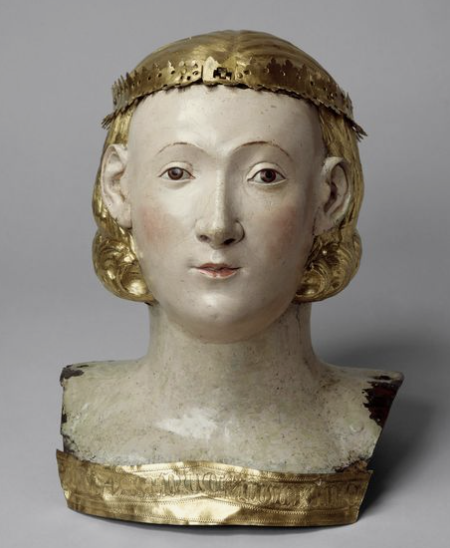
in the Grimm’s Fairy Tale #91, The Gnome, i am intrigued by the themes of:
- food
- magical speech/invocation
- birth order, with a focus on the youngest (often of 3)
- numerology–number 9
- underground/aboveground
this time, i really can’t focus on proof or truth. most of the characters take what is said as the truth: for example, the king’s three daughters tell exactly how they were freed (to a stove, no less), and the king believes this, executes the liars who told a different version of events. youngest huntsman Hans tells the truth to his brothers about the weird bread-dropping elf (the eldest lied, embarrassed of his beating).
before getting back to some of the themes, i also want to point out that the “mannikin” who drops the bread wallops you if you pick it up for him. huh? isn’t it kindness to pick up dropped bread? in many of these tales, kindness to strangers or old crones by the side of the road is richly rewarded. or is it? some of the time, the innocent “helper” is punished, turned into stone, imprisoned, or worse. i think this is a cautionary device, warning us that you don’t always know whom you are dealing with in the more-than-human world. they ain’t all nice, they don’t wish us well, they are ambivalent to our lot, at best.
back to the theme list!
1. food. luscious red apples like blood, bread, an exquisitely fancy ghost meal. if i remember correctly, there is a superstition in Poland that you must kiss bread that has fallen as you pick it up. it goes without saying that you should never, ever waste bread or throw it away. bread is life. perhaps this was the reason for the walloping, the huntsmen didn’t show proper respect to the fallen piece of bread?
2. magical speech/invocation. is it the king who unwittingly performs that magic of sending his three daughters a hundred fathoms below the earth, or is is the listening gnomes or elves, deep in the ground, ever listening, ever ready to twist our words and, likewise, our fate? Hans plays a flute and elves deliver him to freedom, though i suppose playing flute is not quite speech, but music is a kind of magic speech, no? and what do we make of the final line, a sort of non sequitur onomatopeia with broken glass shoes… in a Jewish wedding ceremony, a glass is broken underfoot. my surface understanding of this symbolism is that it is for luck, but a quick search tells a deeper tale, tying the glass to the destruction of the holy Temple in Jerusalem, and a uniting of souls that can never be shattered again. Klink!
3. birth order. as the youngest of three, i delight in any tale where the youngest wins, gets the gold, gets the girl, or otherwise outwits the older siblings. Meredith has elsewhere written about the parallel between second (and third) siblings and (grape)vines. there were many laws enshrining the eldest’s rights, from eldest siblings having to marry first, to inheriting whatever (and all!) there was to inherit. i like that several of these tales give hope to the youngest, to the future.
4. numerology. three princesses x three huntsmen = 9. princess one is delousing 9 dragon heads, and princess two 5 heads, princess three 4 heads. i do love me some nines, the end of a cycle. we do not know how many elves were called up with the flute playing, but it’s a whole bunch. hriar (i remember that being a rabbit word in Watership Down for anything greater than four… i could be full of shyt, but upon searching for the word hriar i learn that it is a name that means 9…).
5. underground/aboveground. it’s interesting to note the differences in middle world and underworld. the more-than-human creatures can pass freely between the two, but the humans cannot, they need the assistance of an elf, or gnome, or magic. eating a blood-red apple sends you down. playing a flute sends you up (flying, at that). underground is a place of imprisonment, but were not the princesses imprisoned in their castle anyway? and imprisoned by this tyrant father and his whims about fruit?